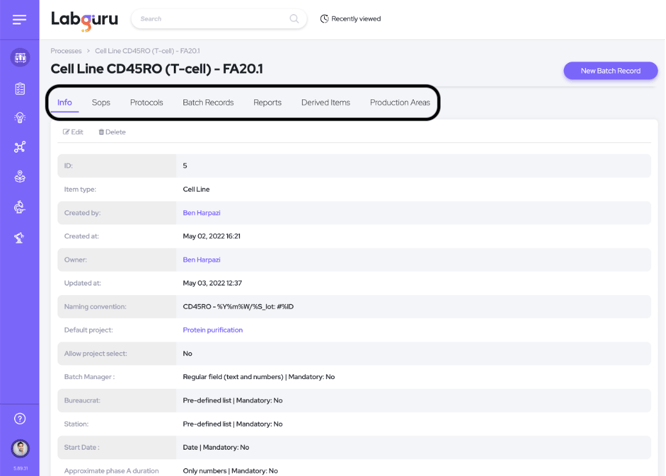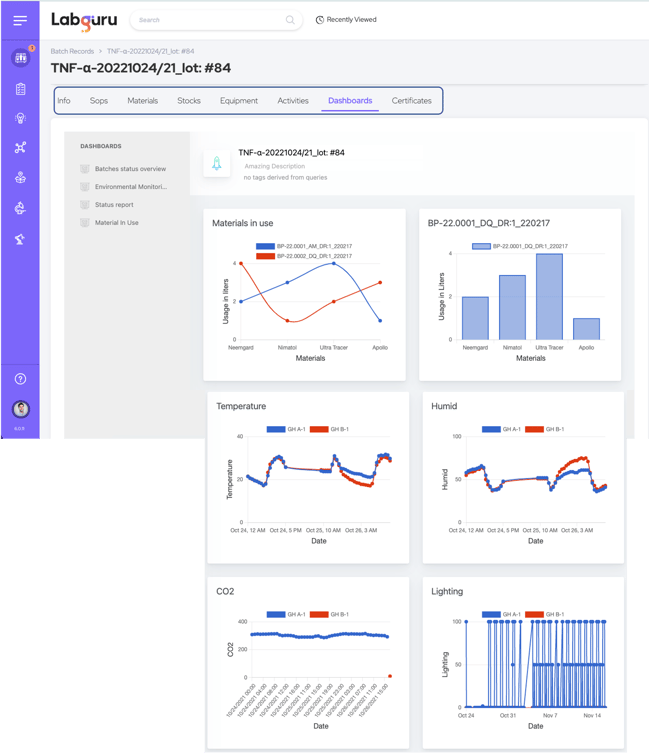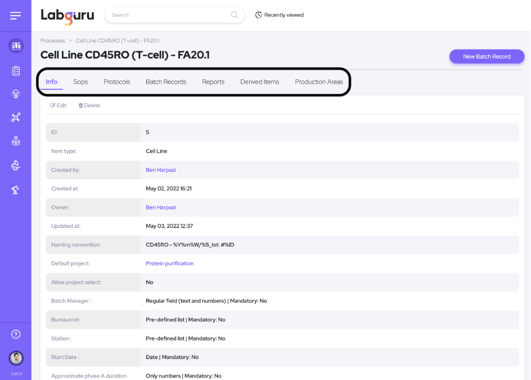The manufacturing industry, including pharma, molecular farming, cannabis, and others, are highly regulated to ensure the safety and quality of their products. Effective management of batch records is crucial to comply with regulations and maintaining product integrity. Traditionally, batch record management was done through manual means, such as pen and paper. However, with the advancement of digital technology, many companies in the manufacturing industry are exploring the transition to electronic batch record management for greater efficiency and accuracy.
The Challenges of Transitioning from Manual to Electronic Batch Record Management
The main challenge in making the transition from manual to electronic batch record management is the cost and complexity of the process. Implementing an electronic batch record system requires a significant investment in time, money, and resources. Companies must first ensure that their existing systems are compatible with the new technology and then must integrate the new system with existing processes and procedures. Additionally, there is often a learning curve for employees as they adjust to the new system.
Advantages of Electronic Batch Record Management
Despite these challenges, the advantages of transitioning to electronic batch record management are numerous.
First, electronic batch record management helps to ensure data integrity by providing a secure and centralized platform for storing and tracking production information. With electronic records, the risk of manual errors, such as misplacement or alteration of paper records, is reduced. Additionally, electronic batch record management systems often incorporate features such as audit trails, version control, and user access controls, which enhance the security and reliability of the data. The data is stored in a secure and tamper-proof environment, ensuring that all information is accurately recorded and easily accessible for regulatory inspections. By leveraging electronic batch record management, manufacturers can improve their compliance with regulatory requirements, maintain the integrity of their products, and enhance the overall efficiency of their operations.

Second, electronic batch record management can significantly reduce the amount of time and effort required to manage batch records. By automating the process, companies can reduce the amount of manual entry and paperwork that is required, which can save time and money. Additionally, it can help streamline processes and reduce the amount of time employees spend on paperwork.

Third, in the event of deviations or exceptions during production, electronic batch record management provides an advantage over manual methods by allowing for quick and easy investigation. With electronic records, data can be easily retrieved and analyzed to identify the root cause of the issue. This information can then be used to implement corrective and preventive measures to prevent similar incidents in the future. Additionally, the audit trail and version control features of electronic batch record management systems provide a clear and comprehensive history of all production events, making it easier to determine what happened and why. By utilizing electronic batch record management, manufacturers can respond to deviations and exceptions more effectively, improve the quality of their products, avoid product recalls or waste, and ultimately, enhance customer satisfaction.

Finally, electronic batch record management can help to improve communication between different departments and stakeholders. By providing a centralized system for tracking batch records, everyone can easily access the same information in real-time. This makes it easier to stay up-to-date and collaborate more effectively.
Benefits of Electronic Batch Record Management Outweigh Costs and Complexities
Overall, the benefits of transitioning to electronic batch record management far outweigh the costs and complexity of the process. The cost of electronic batch record management systems varies, but many companies find that the benefits outweigh the expenses. One such electronic batch record management system is Labguru EBR, which is specifically designed for life sciences and biotech companies, and offers a range of features to meet the unique needs of these industries and offers a unique solution that accompanies you from research stages to production.
To learn how Labguru’s electronic batch record management module can help you


%20(4).png)

